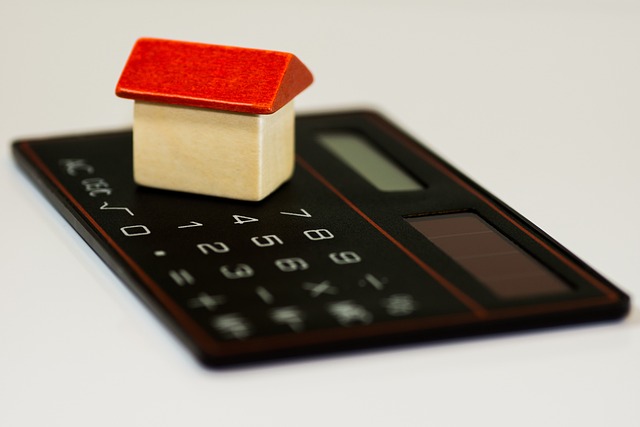Understanding Mortgage Preapproval
Mortgage preapproval is a crucial step in the home buying process. It provides an estimate of how much a lender is willing to loan you based on a thorough examination of your finances. Unlike prequalification, which is a rough estimate, mortgage preapproval involves a firm credit check and verified documentation.

Key elements for mortgage preapproval include:
- Income: Lenders require proof of steady earnings, such as pay stubs and W-2s.
- Credit score: A score of 620 is usually the minimum for conventional loans.
- Debt-to-income ratio (DTI): Lenders prefer a DTI under 36%, though some loans allow for higher ratios.
Preapproval typically lasts 60 to 90 days and can give you an advantage when making offers on homes. It shows sellers you’re a serious buyer and helps you focus your search on properties within your budget.
The Preapproval Process
To obtain a mortgage preapproval:
- Choose a lender that suits your needs in terms of rates and service.
- Gather necessary documents:
- Pay stubs from the past month
- Tax returns and W-2s for the previous two years
- Bank statements for the last two to three months
- Details of outstanding debts
- Asset statements
- Identification documents
- Submit to a credit check, which will be a hard inquiry on your credit report.
Having these documents ready will streamline the preapproval process and position you to act quickly when you find the right home.
Benefits and Challenges of Preapproval
Benefits:
- Increased credibility with sellers
- More focused house-hunting within your budget
- Improved negotiating position, especially in competitive markets
Challenges:
- Temporary lowering of credit score due to hard inquiries
- Complexity of comparing offers from multiple lenders
Despite these challenges, the benefits of preapproval generally outweigh the drawbacks. It provides a clear financial picture and can save time and effort in your home search.
Preapproval Validity and Next Steps
Preapproval letters are typically valid for 60 to 90 days. During this time, it’s important to maintain financial stability:
- Avoid major purchases
- Don’t open new credit lines
- Try not to change jobs
If your preapproval expires before you find a home, you’ll need to renew it with updated credit checks and documentation.
If your preapproval request is denied, ask the lender for specific reasons. You may need to improve your credit score, pay down existing debt, or explore different loan options such as FHA or VA loans.
Staying organized and maintaining good financial habits throughout the process will help keep your home buying journey on track.
Mortgage preapproval is a key step in the home buying process. It provides a clear picture of your financial standing and can strengthen your position as a buyer. By understanding the process and maintaining financial stability, you can approach the housing market with confidence.
